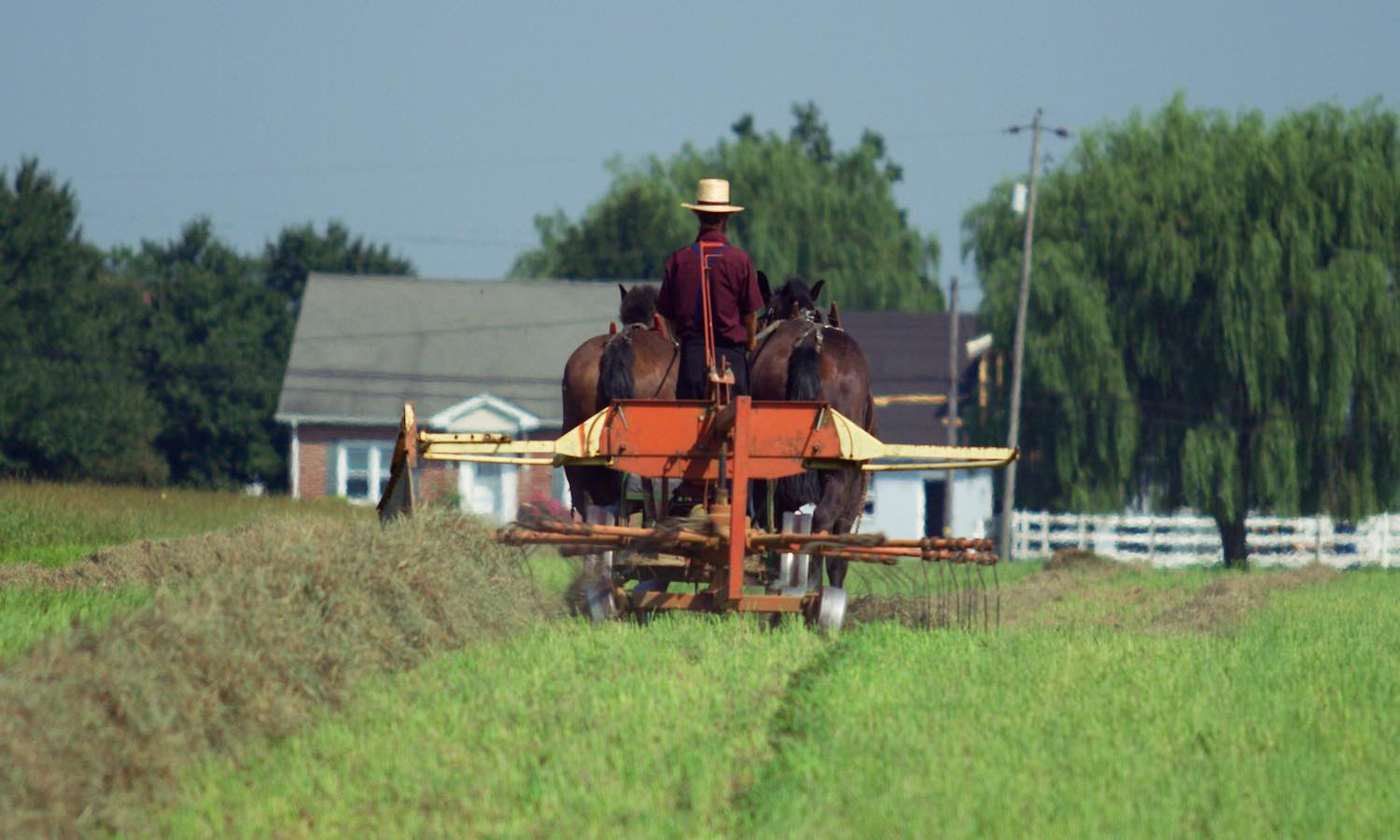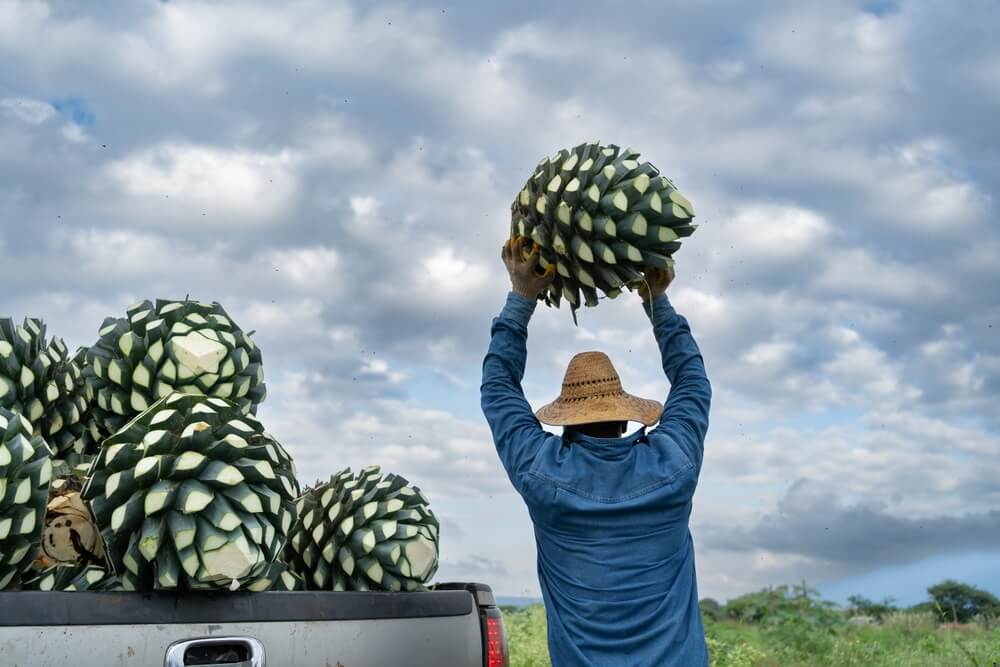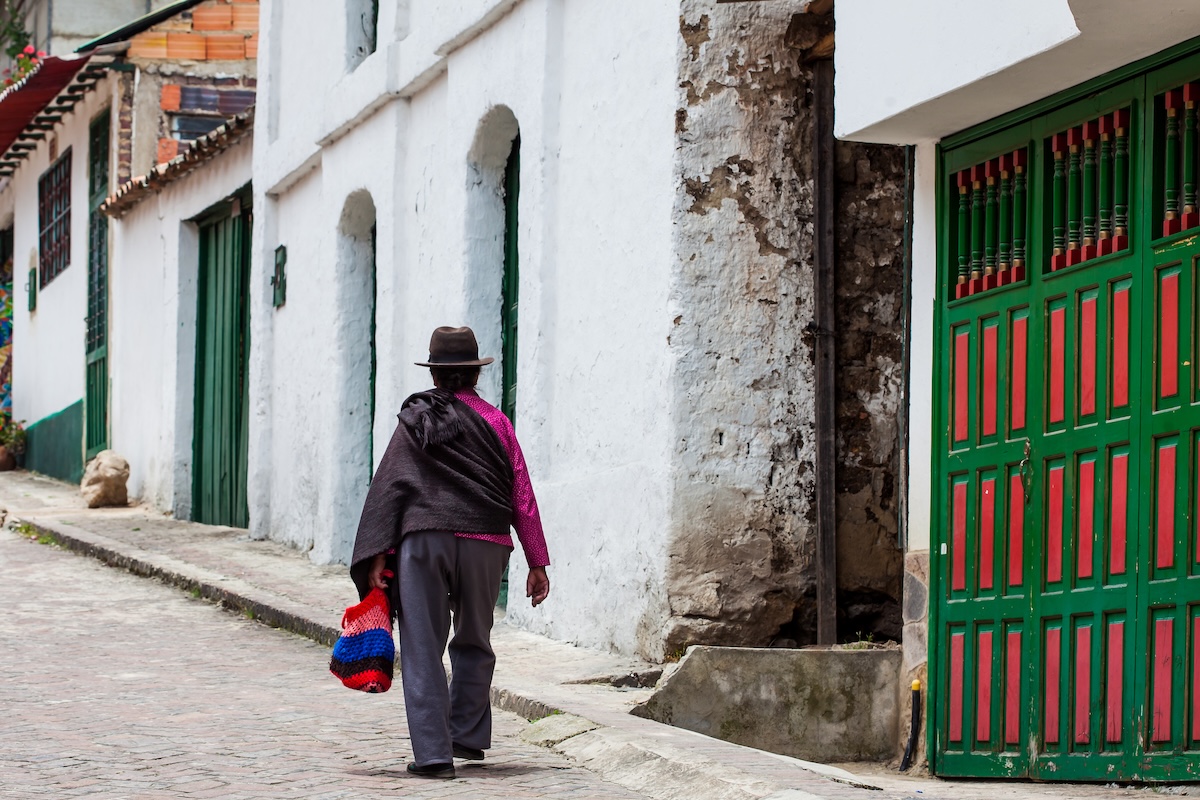ImpactAlpha, Oct. 9 – Precision drones and other “ag tech” solutions may be sexier. But a $25,000 loan to buy a tractor or fencing is arguably more critical to the health of the soil and the livelihood of a farmer in Kansas.
“There’s a mismatch between demand for sustainably grown products and the desire to support sustainable farming, and the capital available to farmers,” says Dan Miller, who has launched Steward, a new investment platform that aims to tap the power of small investors – the minimum commitment is $100 – to bridge the funding gap for independent farmers. “There’s not really a private market for capital for farmers.”
Most traditional loan options, such as those backed by the U.S. Department of Agriculture, are geared towards large-scale farms. Miller, one of the brothers behind behind the real estate crowdfunding site Fundrise, started working on the idea after watching the economic and environmental stress of agricultural consolidation hit the Chesapeake Bay area where his mother’s family farmed for five generations.
As Agriculture Secretary Sonny Perdue declared last week after a visit to the World Dairy Expo in Wisconsin, “In America, the big get bigger and the small go out.”
The U.K.-based Steward is part of a counter-narrative, driven by the demand for local, sustainable food and the revival of small farms. Miller is betting that ‘locavores’ can help small farmers overcome their biggest obstacle: lack of capital.
Farmer finance
Like Iroquois Valley Farmland’s real estate investment trust, Steward’s REIT takes advantage of Regulation A of the JOBS Act to make farmland investing more broadly accessible. The Iroquois Valley Farmland REIT, which helps farmers convert farmland to certified organic production, recently opened its loan pools to “unaccredited” investors. Iroquois Valley funds land purchases or leases, while Stewards loans cover a wider range of farms and needs. Iroquois Valley required a minimum investment of $10,000; Steward’s minimum is just $100.
CNote mobilizes $18 million in savings for community investment
Other food and ag ventures are also working the overlap between foodies and impact investors. In Austin, Texas, angel investor network Foodshed Investors now accepts investments from unaccredited investors. The group has deployed about $2.5 million, mostly in debt, to more than two dozen companies, to increase the supply of high quality, local food, accessible to all.
Amy Bell, an advisor to the angel network, says investments in the food system can have “a positive impact on health and nutrition, and the economic livelihoods of farmers, but also have an environmental impact.” Reducing food waste and shifting to a plant-rich diet, for example, are two of the top five carbon-reducing solutions on the Project Drawdown list of solutions to reverse global warming.
Steward’s loans are typically $1 million or less—the average is $300,000. The loans carry interest rates of 8% to 10%. That’s higher than taxpayer-subsidized USDA loans, but Miller argues it reflects the true cost and risk in an economic system that subsidizes industrial-scale food production and distorts true costs, from the prices of chicken and corn to the cost of a loan.
Steward’s REIT is expected to return at least 6% annually to investors. The company takes a 2% loan origination fee, and charges investors a 1% annual servicing fee.
Crowdfarming
Before launching the site, Miller spent two years building out the infrastructure and proving the “crowdfarming” model. The site has funded $2.2 million in loans to 16 farms, including an urban produce farm in Detroit, a grass-fed livestock operation in Louisiana and a natural vineyard in Switzerland. Most are under 100 acres.
“All the farms we’re working with are already successful, they’re just undercapitalized,” says Miller.
The loans help farmers to buy more land or equipment to expand their businesses. Steward’s main offering is a 5-year loan secured by a farm’s mortgage. There’s also a smaller, unsecured microloan option for farmers with immediate needs. The loans are bundled into the Steward Farm Trust, a real estate investment trust. Miller plans to enable people to invest directly in individual farms as well.
With “tens of millions” worth of deals in the pipeline, Miller is focused on bringing in private capital to meet the demand. He’s targeting family offices and foundations in addition to individual investors.
Global market
The demand for small farm financing and support, including for sustainably managed forests and fisheries, is essentially “unlimited,” Miller says. There is $263 billion in farm loans outstanding in the U.S. alone. Steward plans to expand into other countries. Steward has 25 employees spread across the U.K, where it is based, as well as the U.S., Australia and New Zealand. Miller is also looking at Mexico, Columbia and Brazil.
In developing markets, Miller says, “we’ll adjust the interest rates to reflect risk and build out the infrastructure.” The company is also developing a support infrastructure to help farmers short on resources with marketing, bookkeeping and web development. Steward has been self-funded to date. But the company plans to raise money from angel investors as well as through a direct public offering to fuel its next stage of growth.
“The grand vision is actually many small visions,” says Miller. “It’s millions and millions of individuals making change in their own backyards.”











